The good ship Octanis is making 15 knots but we’re taking an indirect route that skirts a storm to our northwest. We’re scheduled to reach Port Stanley, Falkland Islands, tomorrow morning. The seas yesterday (Feb. 12) were relatively calm with light rain but today the swell is bit more energetic under mostly sunny skies. So far, everything is copacetic, stomach-wise.
Birds, whales and icebergs are pretty scarce so far except for yesterday morning when, just after departing South Georgia, we detoured slightly to pass by the Shag Rocks, six rock outcroppings that are part of the South Georgia Ridge.
You may recall that once upon a time Argentina and Antarctica were one big happy continent. When plate tectonics did their thing, the two separated. The Antarctic Peninsula and Tierra del Fuego seem to be reaching toward each other. But in fact there is a ridge that runs between the two in a sweeping arc to the east that is the remnant of that split. The South Georgia Ridge and Shag Rocks are part of that ridge.
The Shag Rocks area is known to be frequented by whales and birds of all sorts. Our ship maintained a special lookout for whales to be sure our ship didn’t run into one. We saw more blue whales and I identified, appropriately enough, a South Georgia Shag.
One bird that fascinates me is the Wilson’s Storm Petrel, a small, mostly black bird with white markings that breeds in the Antarctic region, particularly the South Shetlands and South Georgia islands. Mom and Dad tend one chick for about 60 days and after that, it’s into the air for the rest of the year. The birds fly north for the northern summer and turn around to return to Antarctica when things get cold up north, never touching down on land until its time to nest again. The original snowbird, just like we are. There quite prevalent in the North Atlantic but we rarely see them because they like to stay off shore except in the case of a strong wind.
While at sea we have lectures given by the expedition teams. One especially interesting talk was given by Judith Scott. She is very clear to say that she’s not a marine biologist but has had a life-long interest in whales. She’s spent time around the world studying them and working as a whale watch guide in places such as Iceland and Gloucester , Massachusetts. I’ve included two slides from her presentation that give an indication of how big blue whales really are.
Judy has put together a video about blue whales that includes commentary from Judith: Here’s the link:
https://judyrick.zenfolio.com/p1039409213/hd9eb0644#hd9eb0644
Another presenter, Scott Croxson, spoke on the subject of winds, ocean currents and El Niño. On the subject of global warming and climate change, he said he no longer covers that subject in his talks. “Everyone has an opinion these days and nothing I say is going to change anyone’s mind.” I included the one chart on this subject he did present.
This morning’s talk (Feb 13) was on the history of the Falkland Islands/Malvinas. Bottom line: France, Spain and Great Britain have argued over sovereignty of the islands for going on 300 years. When Argentina was granted its independence from Spain on July 9, 1816, they too claimed ownership. Things came to warfare in June of 1982 when Argentinian forces invaded the Malvinas (as they call the Falklands). The war lasted about two weeks and ended with the surrender by Argentina.
Interestingly, the British lost the HMS Antelope, which sank during the war. My father, Phil Rick, served on the USS Antelope during World War II. It had been hit by a Japanese submarine torpedo before Dad got there. He spent the war being towed from one spot to another, waiting for repairs that never happened.
The outcome of the war was status quo: virtually everyone on the Falklands are diehard Brits. Margaret Thatcher, trailing in the polls, won reelection as British prime minister. The military junta in Argentina was deposed. Today, there are signs in Ushuaia saying “Malvinas son Argentinian” and politicians run on a platform that calls for return of the Malvinas through diplomacy.
So not much more to report, and not very many pictures, but I’ll pick up the pace when we hit Port Stanley tomorrow.


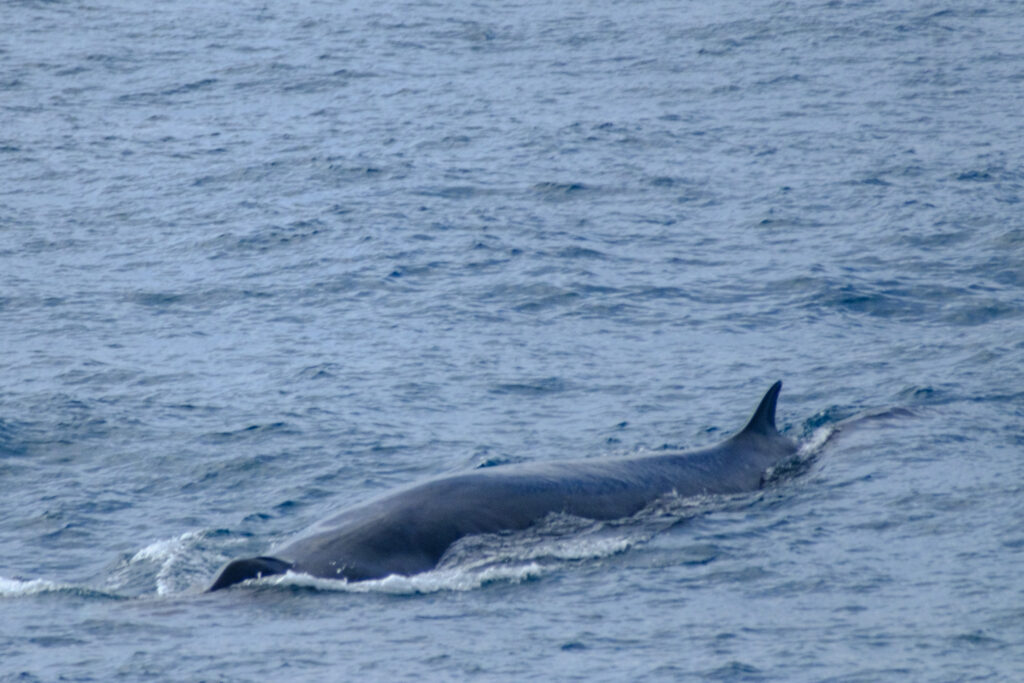
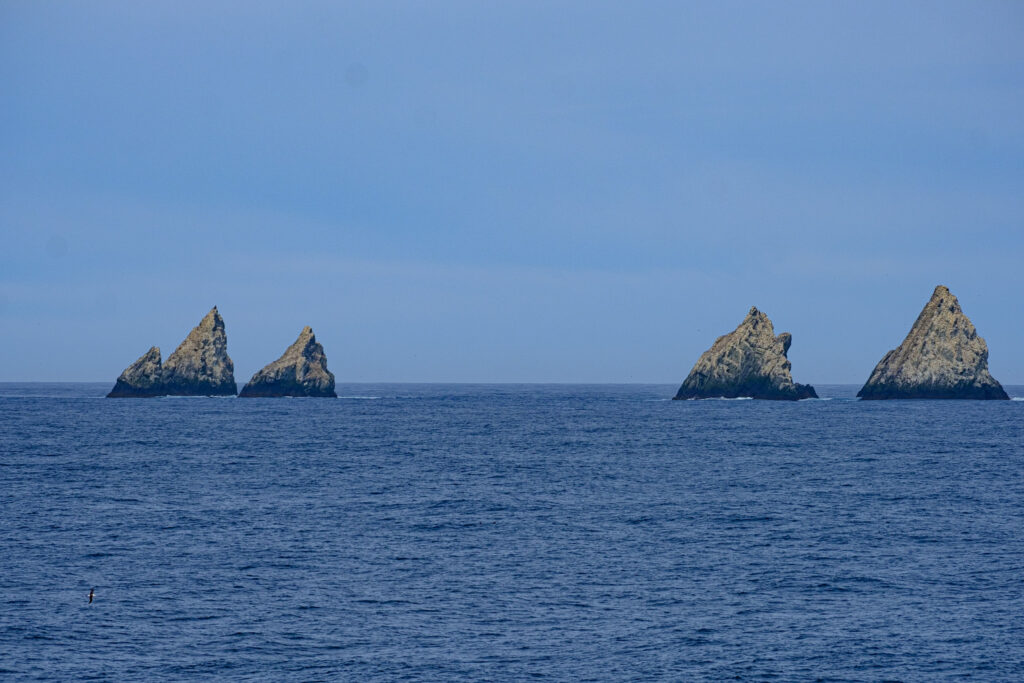
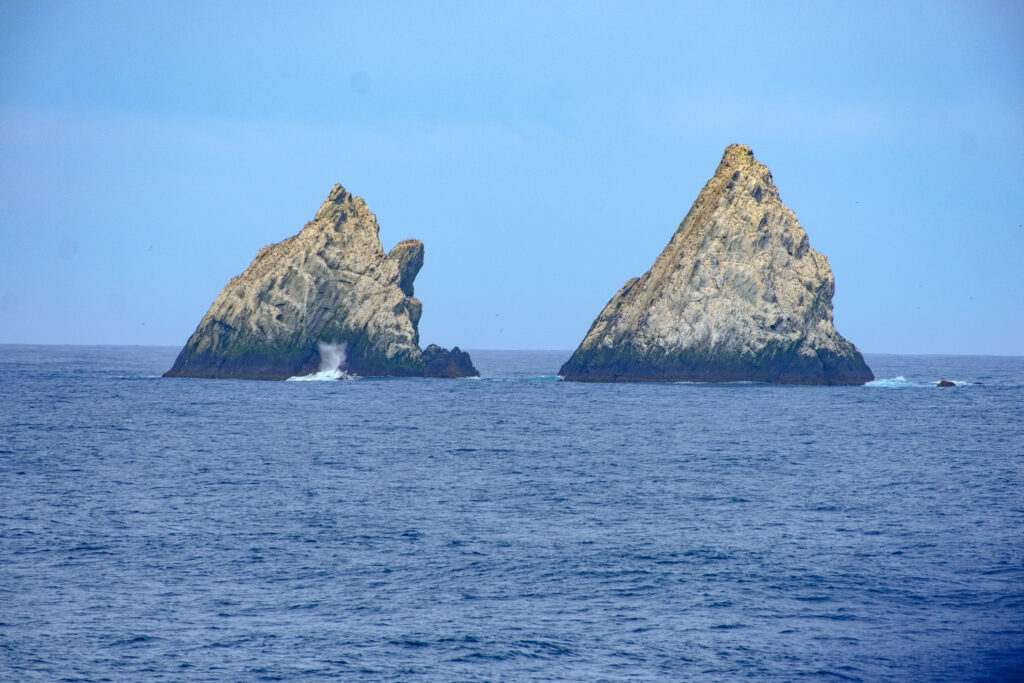

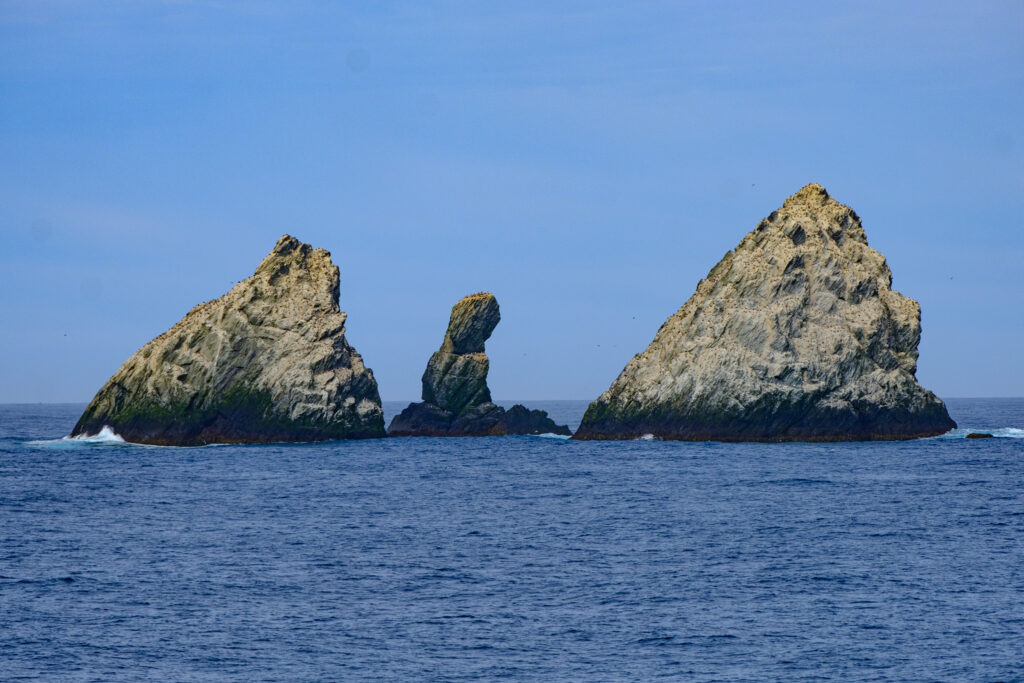

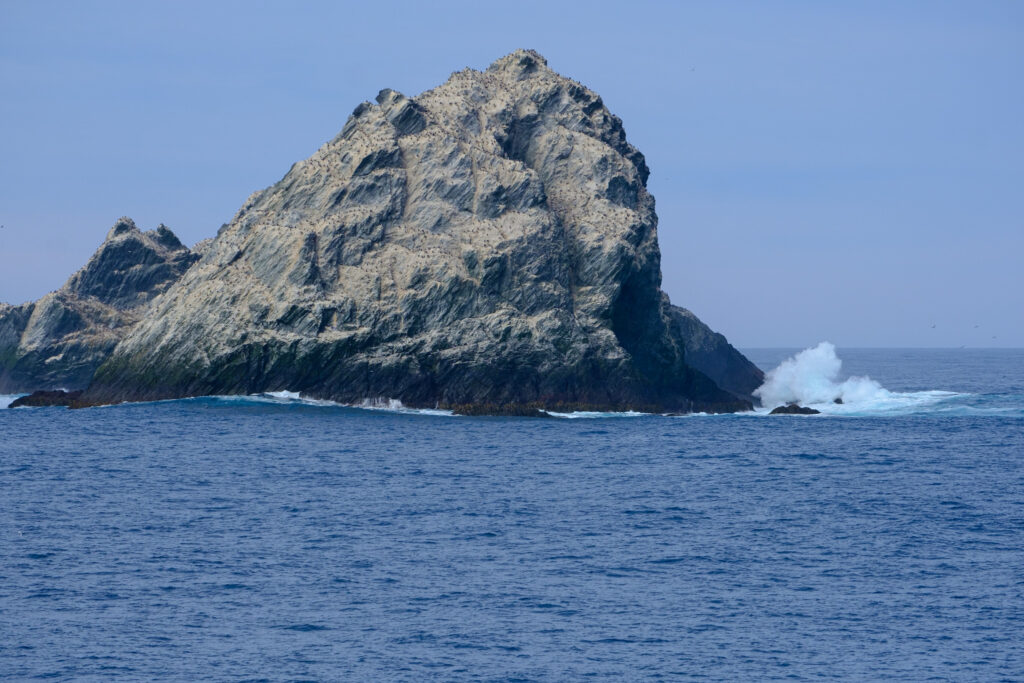


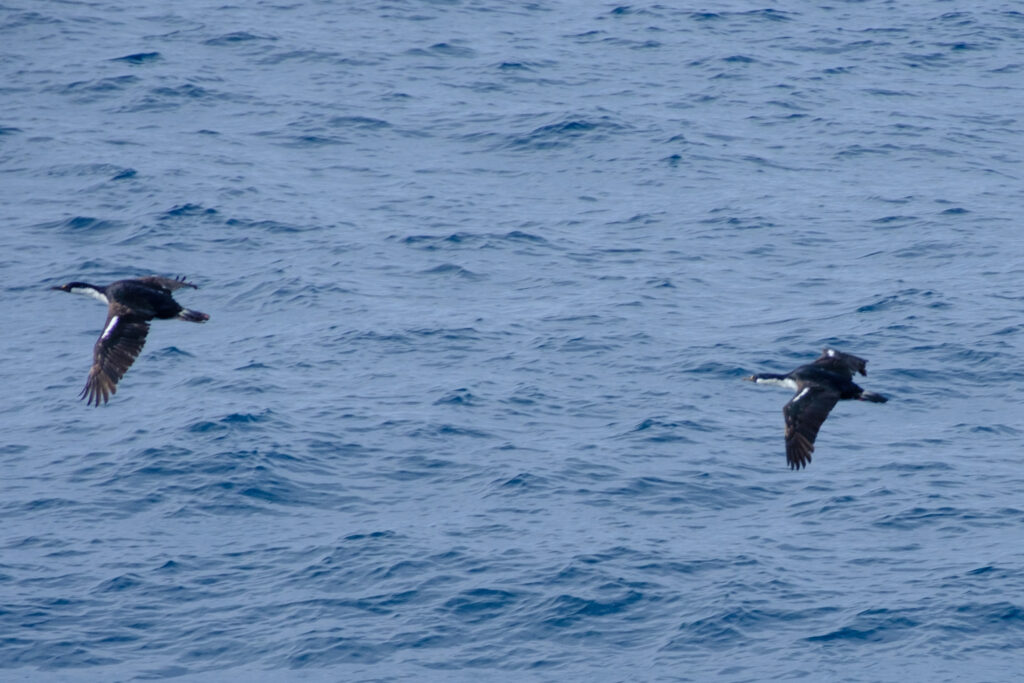
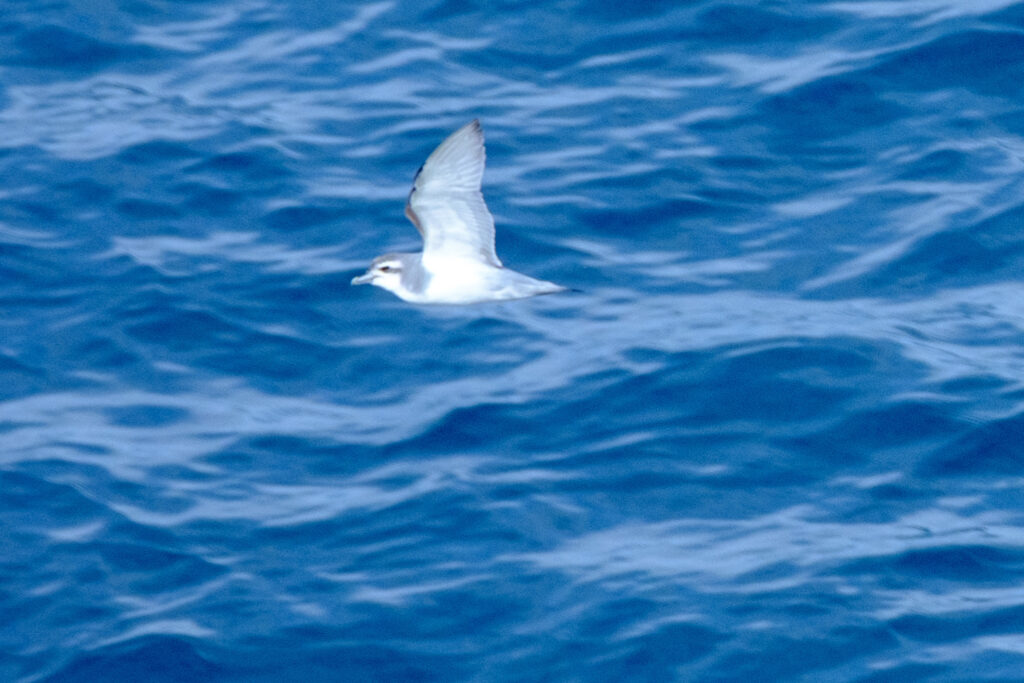
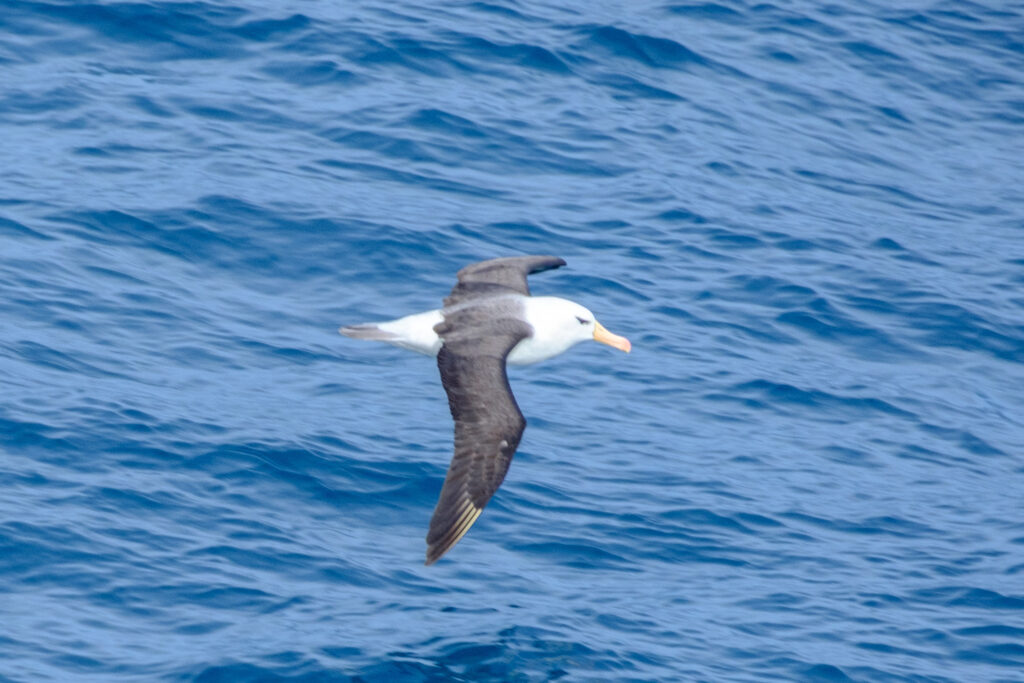

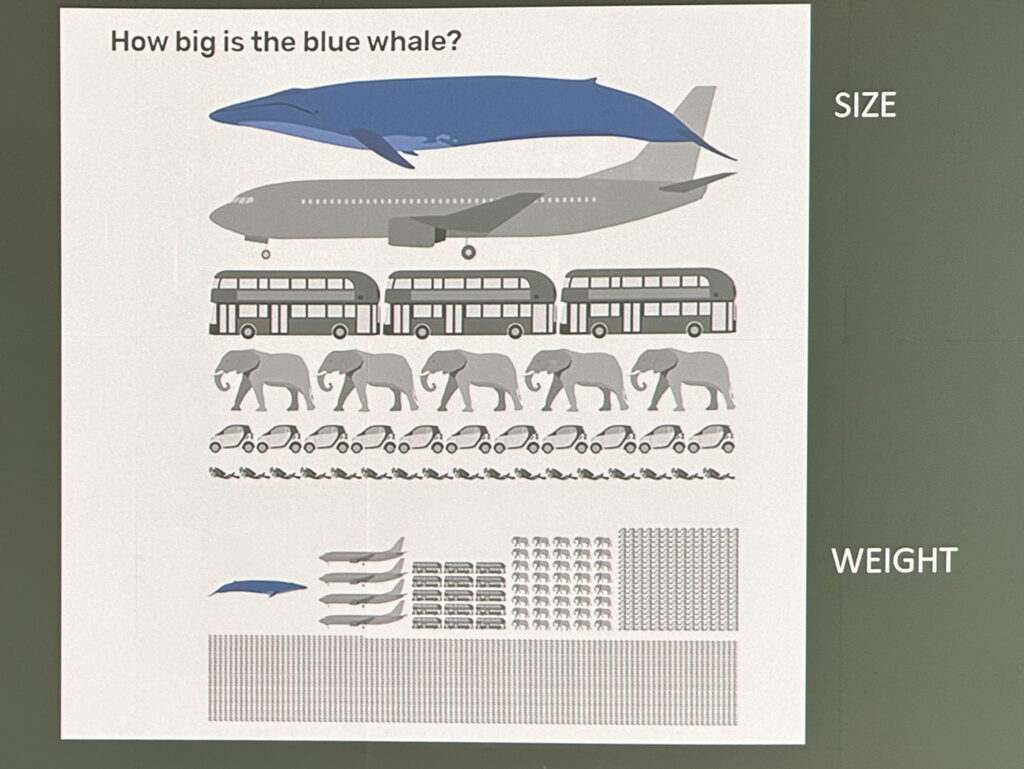
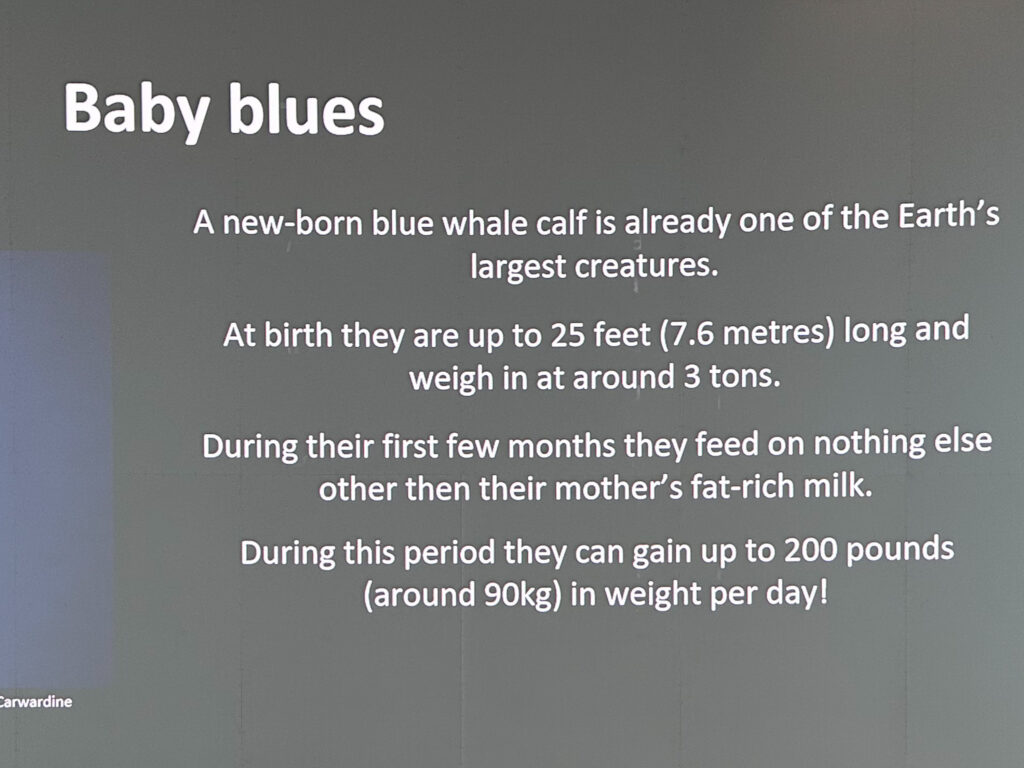
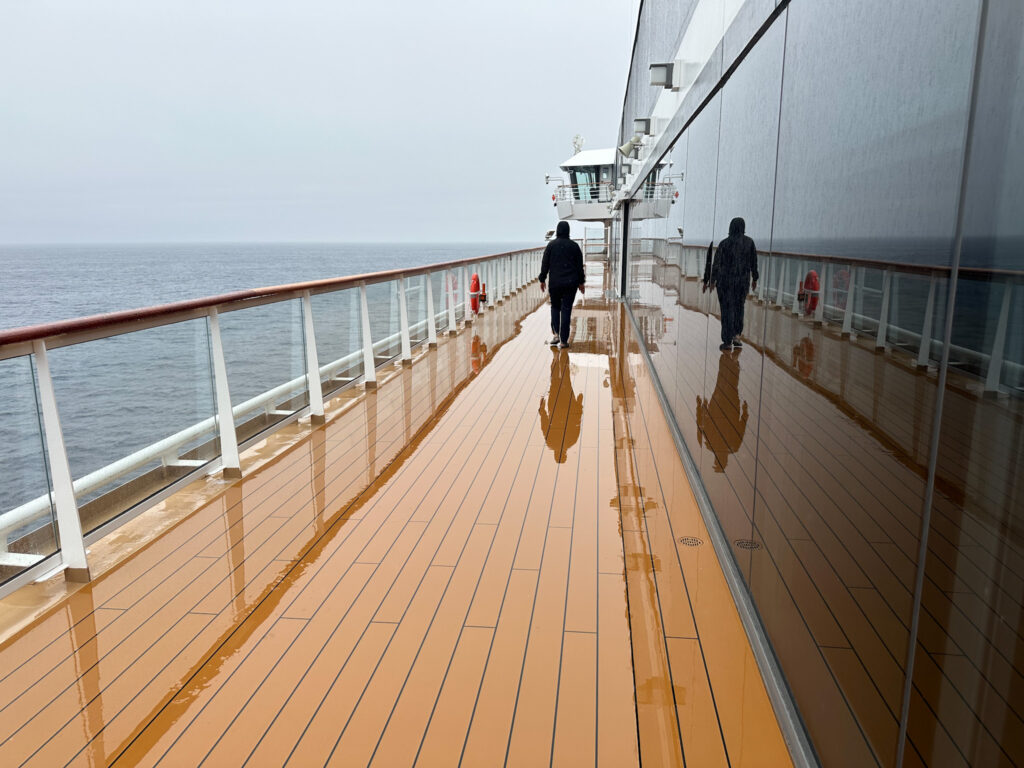

Great pics Jon, and great video Judy. It brings back fond memories!
Thanks!